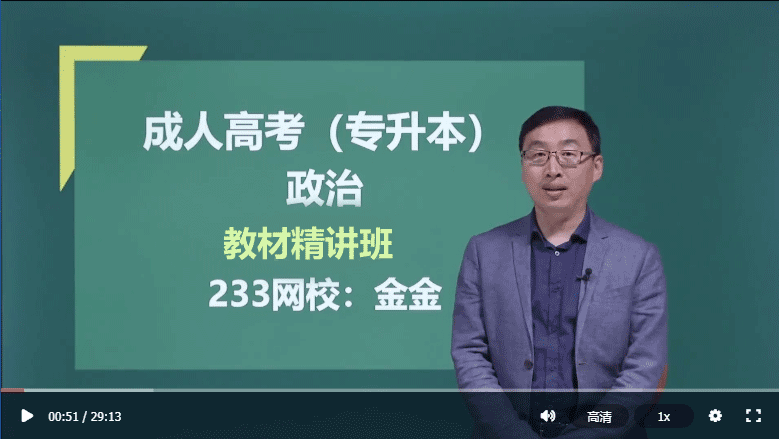在专升本英语的考试中经常会出现关于一般将来时的语句,此文将为大家讲解一般将来时的用法。
一般将来时
1)shall用于第一人称,常被will 所代替。will 在陈述句中用于各人称,在征求意见时常用于第二人称。例如:
Which paragraph shall I read first? 我先读哪一段呢?
Will you be at home at seven this evening? 今晚七点回家好吗?
2)be going to +不定式,表示将来。
a. 主语的意图,即将做某事。例如:What are you going to do tomorrow?
b. 计划,安排要发生的事。例如:The play is going to be produced next month。这出戏下月开播。
c. 有迹象要发生的事。例如:Look at the dark clouds, there is going to be a storm.看那乌云,快要下雨了。
3)be +to表将来,按计划或正式安排将发生的事。例如:
We are to discuss the report next Saturday.我们下星期六讨论这份报告。
4)be about to +动词原形,意为马上做某事。例如:He is about to leave for Beijing. 他马上要去北京。
注意:
1、一般现在时表示将来
1)下列动词come, go, arrive, leave, start, begin,
return的一般现在时可以表示将来,主要用来表示在时间上已确定或安排好的事情。例如:
The train leaves at six tomorrow morning. 火车明天上午六点开。
When does the bus star? It stars in ten minutes. 汽车什么时候开?十分钟后。
2)在时间或条件句中。例如:
When Bill comes (不是will come), ask him to wait for me. 比尔来后,让他等我。
I'll write to you as soon as I arrive there. 我到了那里,就写信给你。
2、用现在进行时表示将来
下列动词come, go, arrive, leave等现在进行时可以表示将来:I'm leaving tomorrow. 明天我要走了。
编辑推荐:
锁定考点,突破难点,2018年成人高考零基础学员,短期锁分升级名校文凭>>
更多信息了解可访问233网校成人高考考试频道(https://www.233.com/chengkao/)。加入成考QQ群326333711 ,与各位考友交流经验!
,与各位考友交流经验!

